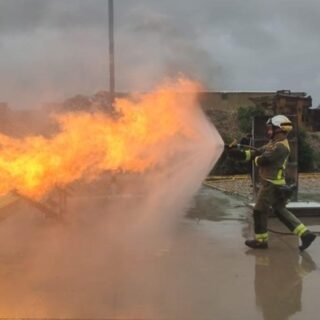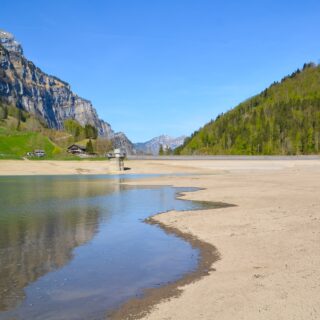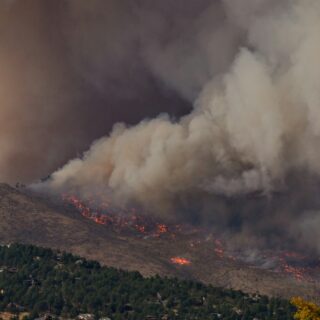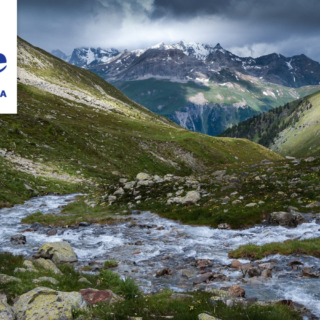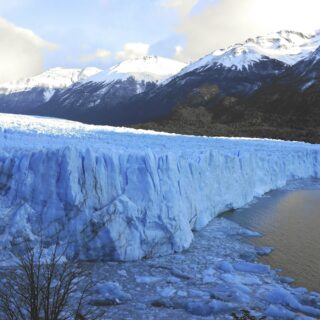Join us in Kraków to celebrate 30 years of action for Europe’s mountain regions, and help shape the future of our territories!
Climate change
Nurturing local resilience against wildfires with the “Safe Model Village” initiative
This good practice not only addresses a specific challenge, but it also promotes the creation of a green, sustainable, and environmentally friendly economy.
Rethinking winter tourism – MountResilience Community of Practice launch event
This event is the first of a series of thematic webinars that will take place throughout the life of the MountResilience project and aims to explore how different regions are beginning to work on the transition to alternative tourism models.
Climate change adaptation: Community of Practice launched for mountain stakeholders!
We are pleased to announce that we are launching the MountResilience Community of Practice on Climate Change Adaptation and we encourage all mountain stakeholders engaged in climate change adaptation to join the CoP to learn, exchange and boost climate action in the mountains!
There can be no water-resilient Europe without the mountains says Euromontana
On World Water Day and World Glaciers Day, we call more than ever to strengthen Europe's commitment to preserve glaciers, whose melting, especially in the Alps, poses a serious threat to Europe's water supply.
Climate change still fuelling mountain forest fires in 2023
Of the 500,000 hectares burnt in 2023, about 210,000 hectares (41%) belong to Natura 2000 sites. Mountain areas are biodiversity hotspots and are home to a large proportion of these protected areas, around 43% in the European Union.
European Court of Auditors highlights gaps in climate adaptation in the mountains
The European Court of Auditors has recently focused on adaptation in mountain areas in a report concluding that significant gaps and inconsistencies in implementation at the local level are hampering adaptation to climate change
Green week webinar | Preparing for water resilience in the mountains: from awareness to action
As part of Green Week 2024 organised by the European Commission, Euromontana is holding an online webinar on water issues in mountain areas and how to prepare for resilience in these areas, between awareness and action.
Get involved in the International Year of Glaciers’ Preservation!
In December 2022, the United Nations adopted a resolution declaring 2025 the International Year of Glacier Conservation, an important step in recognising the urgency to preserve these cornerstone of life on Earth.
Latest news
- 30 Years of Action for European Mountains Conference
- Downgrading of the wolf’s protection status in the EU: a key milestone, but further action is needed to protect pastoralism
- Extensive mountain grazing: for cross-border management and sustainable use
- Boosting innovation and entrepreneurship in rural mountain areas: SIM kicks-off!
- Press release – Alliance for European Mountains launched: Mountains need Europe and Europe needs mountains

